With smartphones becoming an integral part of daily life, users often unknowingly share a wealth of personal information with various apps. While convenience is key, privacy concerns are growing. From social media platforms to seemingly harmless weather apps, many Android applications track more data than necessary.
1) Social Media Surveillance: The Overreach of Popular Platforms
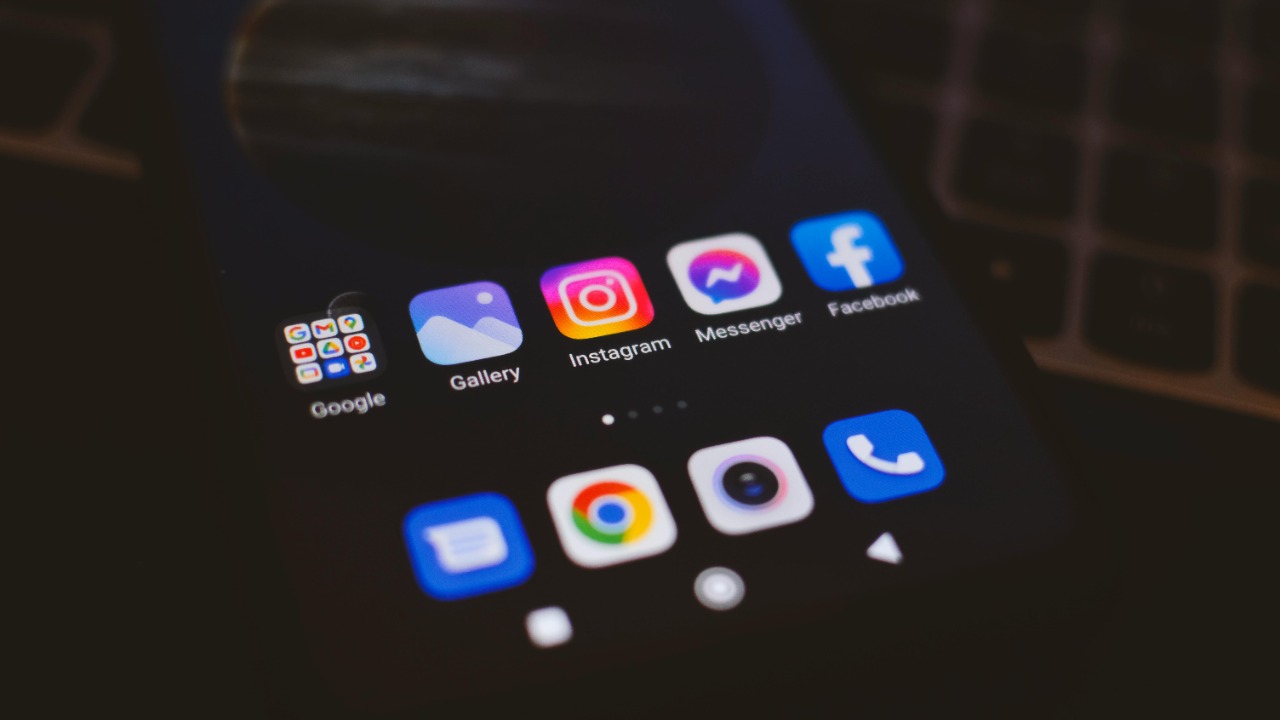
Social media apps are notorious for collecting vast amounts of user data. Platforms like Instagram and TikTok, as described in a Vox article, gather information on browsing habits, location, and even interactions with other users. This data collection can lead to personalized ads and content, but it also raises questions about privacy and consent.
2) Fitness Trackers: Monitoring More Than Your Steps
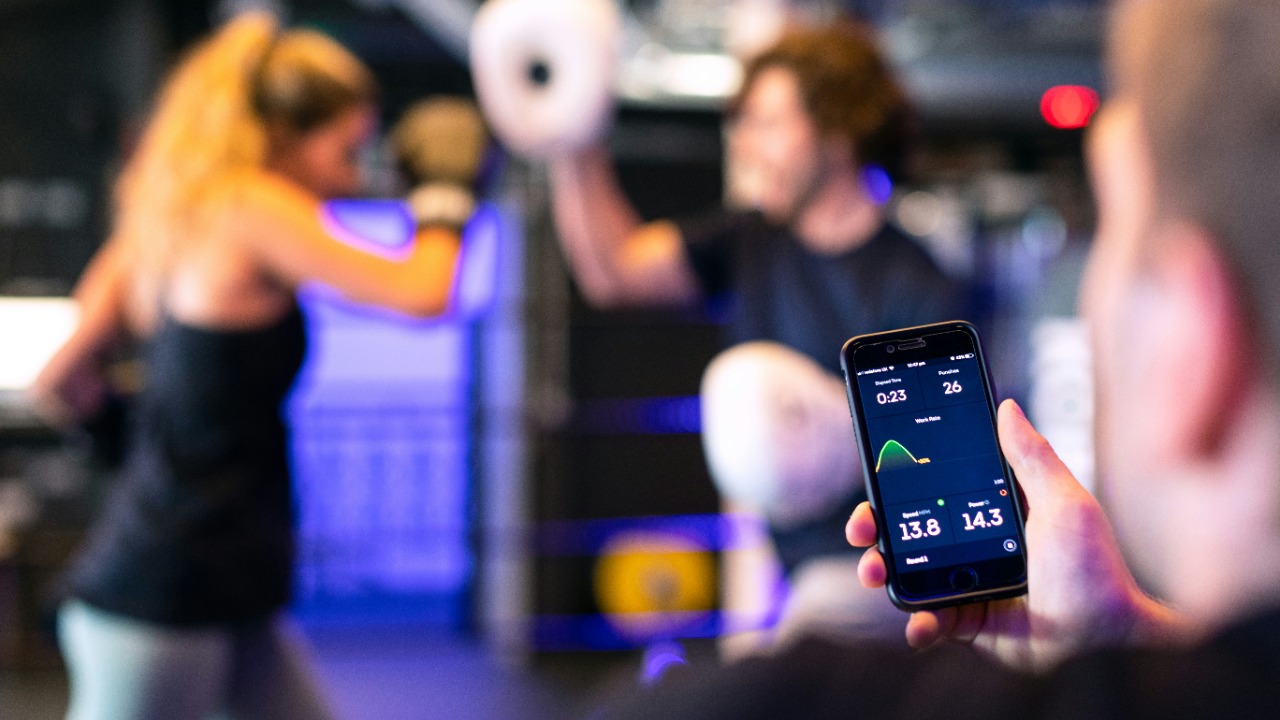
Fitness apps are popular for tracking workouts and health metrics, but they often monitor more than just physical activity. As highlighted by Men’s Health, these apps can access your location, contacts, and personal details, which may be shared with third-party companies. Users should review app permissions to understand what information is being collected.
3) Photo Editing Apps: Capturing More Than Just Images
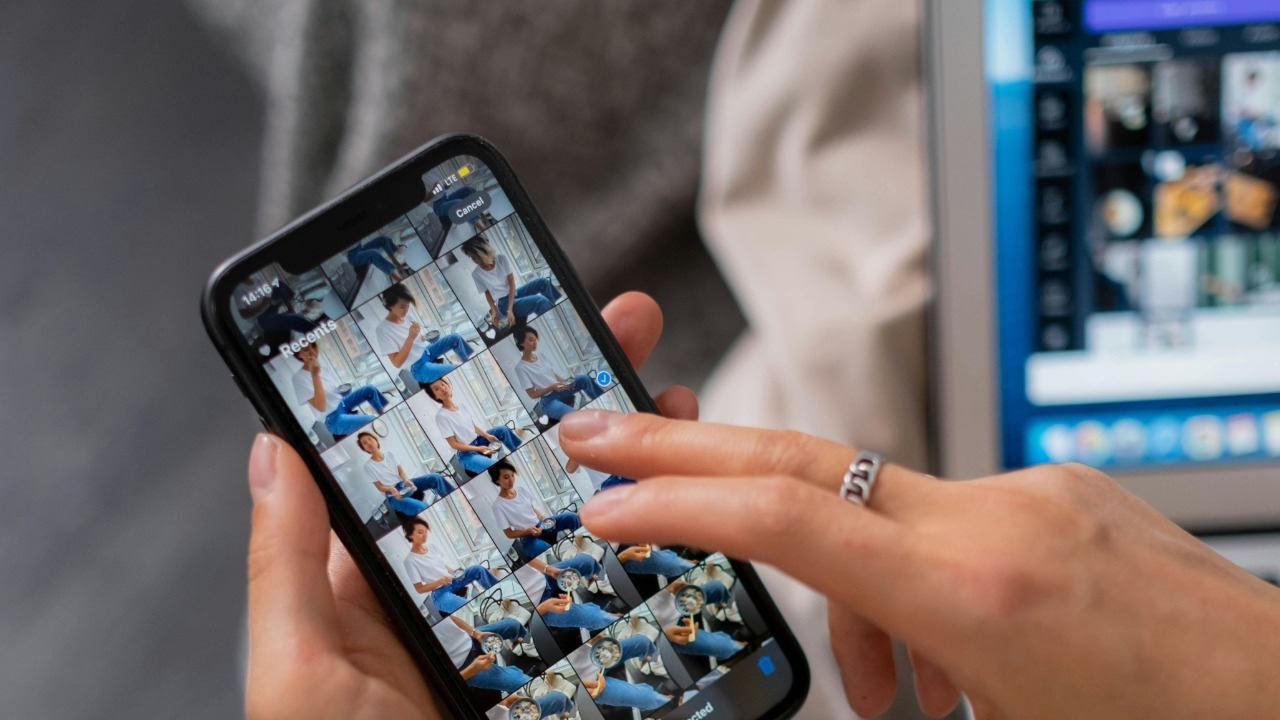
Photo editing apps may require access to your camera and gallery, but some also collect additional data like location and device information. This practice can lead to privacy concerns as data may be shared with advertisers or other entities without explicit consent. Users should be cautious when granting permissions to these apps.
4) Free VPN Services: The Cost of ‘Free’ Privacy
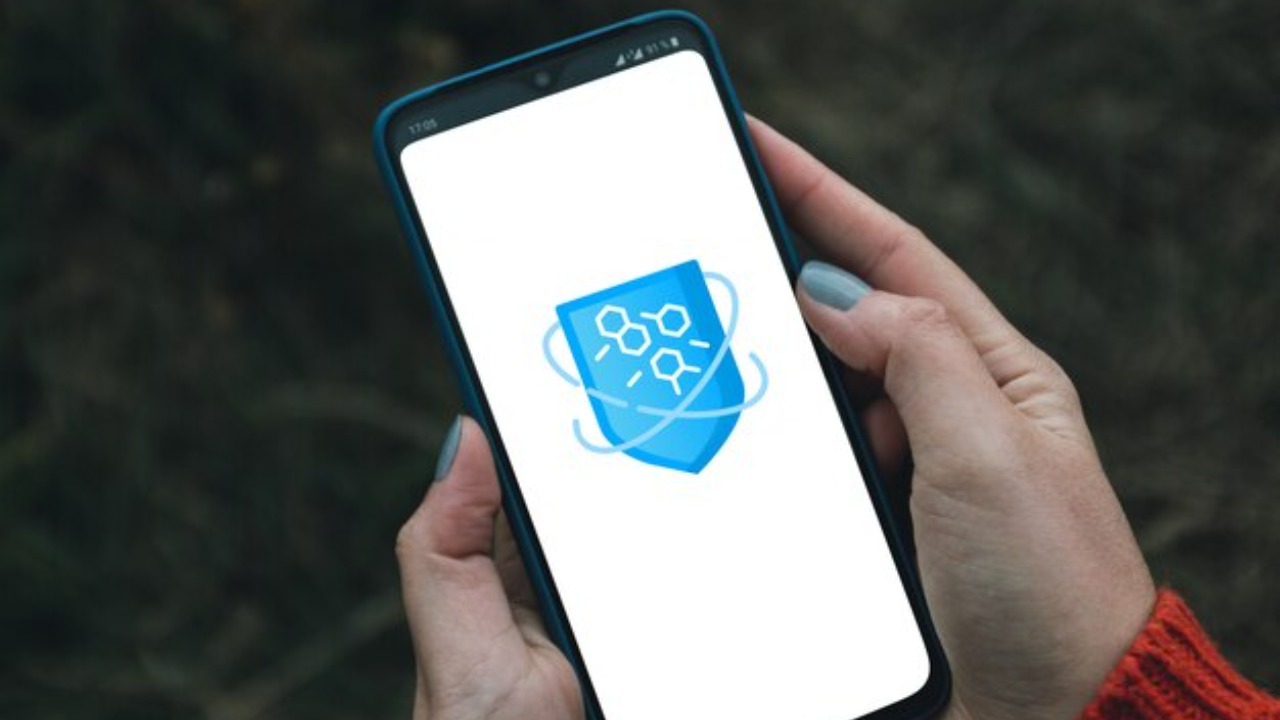
While VPNs are marketed as tools for enhancing online privacy, free versions often come with hidden costs. Research from ACM Digital Library suggests that many free VPN services log user data and share it with third parties. It’s crucial to scrutinize the privacy policies of these services before using them.
5) Weather Apps: Forecasting Your Location Data
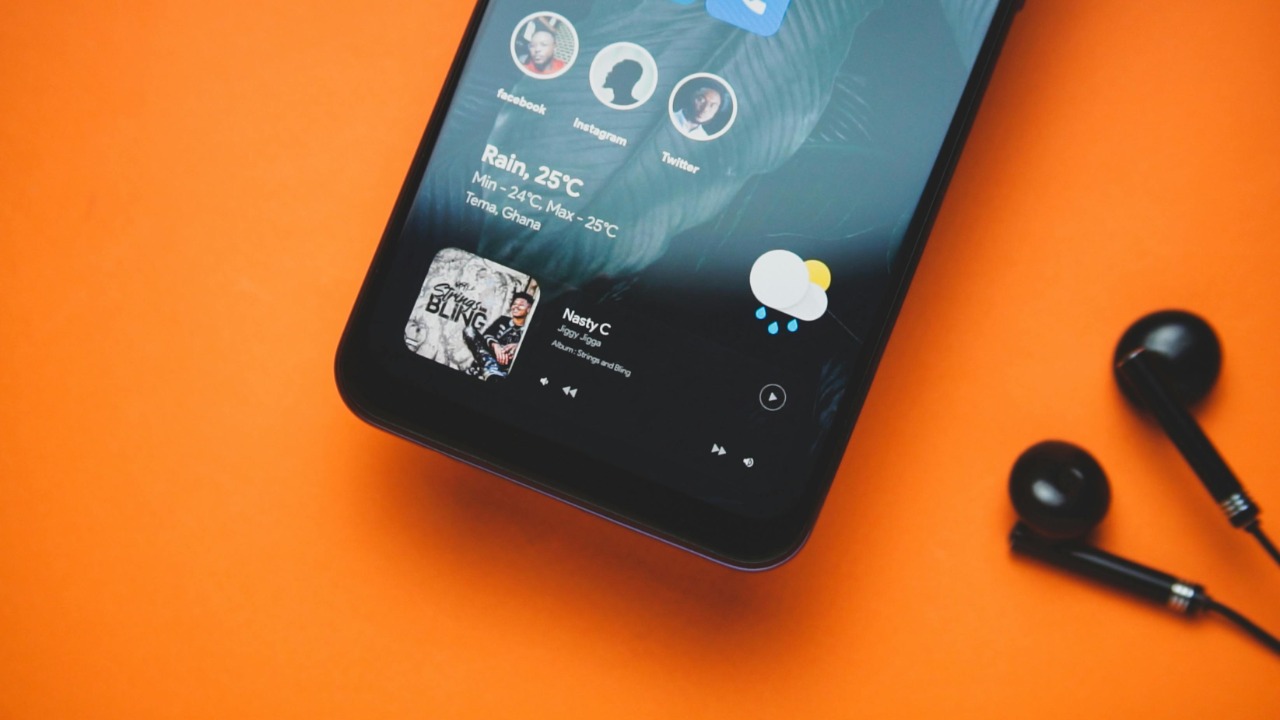
Weather apps need access to location data to provide accurate forecasts, but some take this a step further by collecting and sharing user data. A study by USENIX revealed that certain weather apps might be exploiting location permissions for marketing purposes. Users should evaluate the necessity of permissions requested by these apps.
6) Mobile Games: Playing with Your Privacy
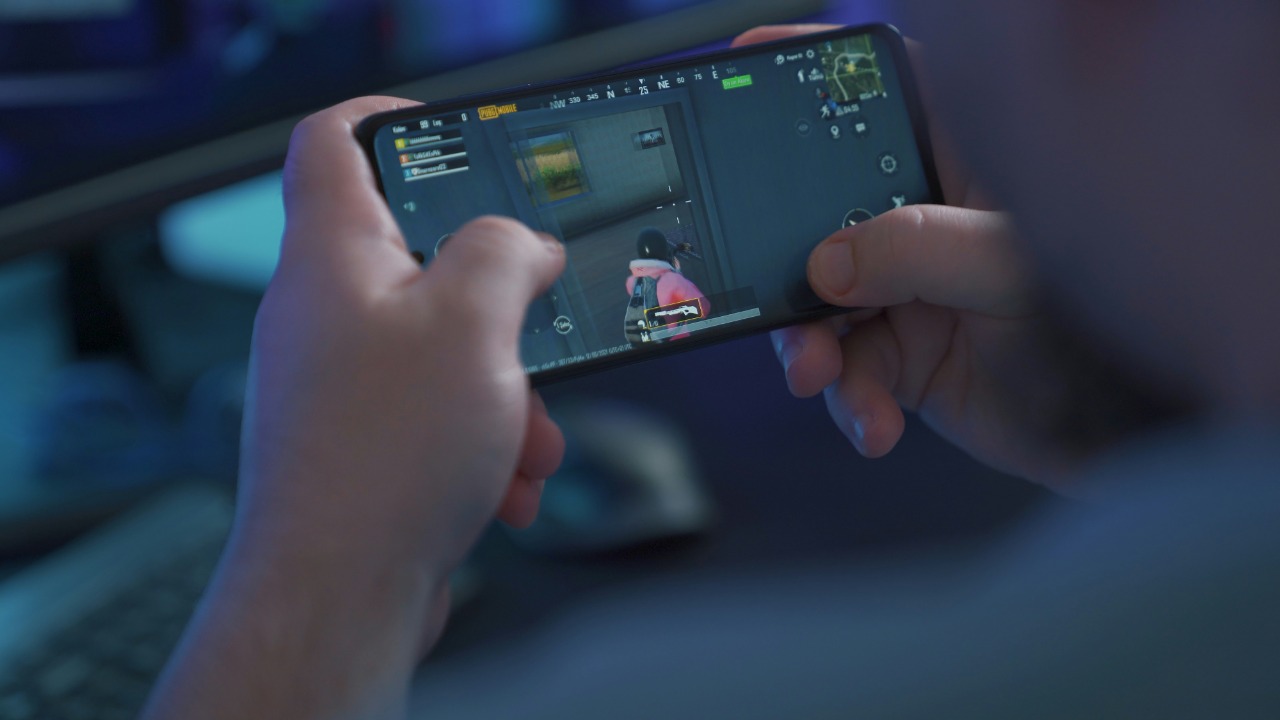
Mobile games are a popular form of entertainment, but they often require extensive permissions that can infringe on user privacy. According to Android Police, these permissions might include access to contacts, location, and device ID, which can be used for targeted advertising or shared with third parties. It’s advisable to be discerning about the permissions granted to game apps.
7) Keyboard Apps: Typing Away Your Personal Information
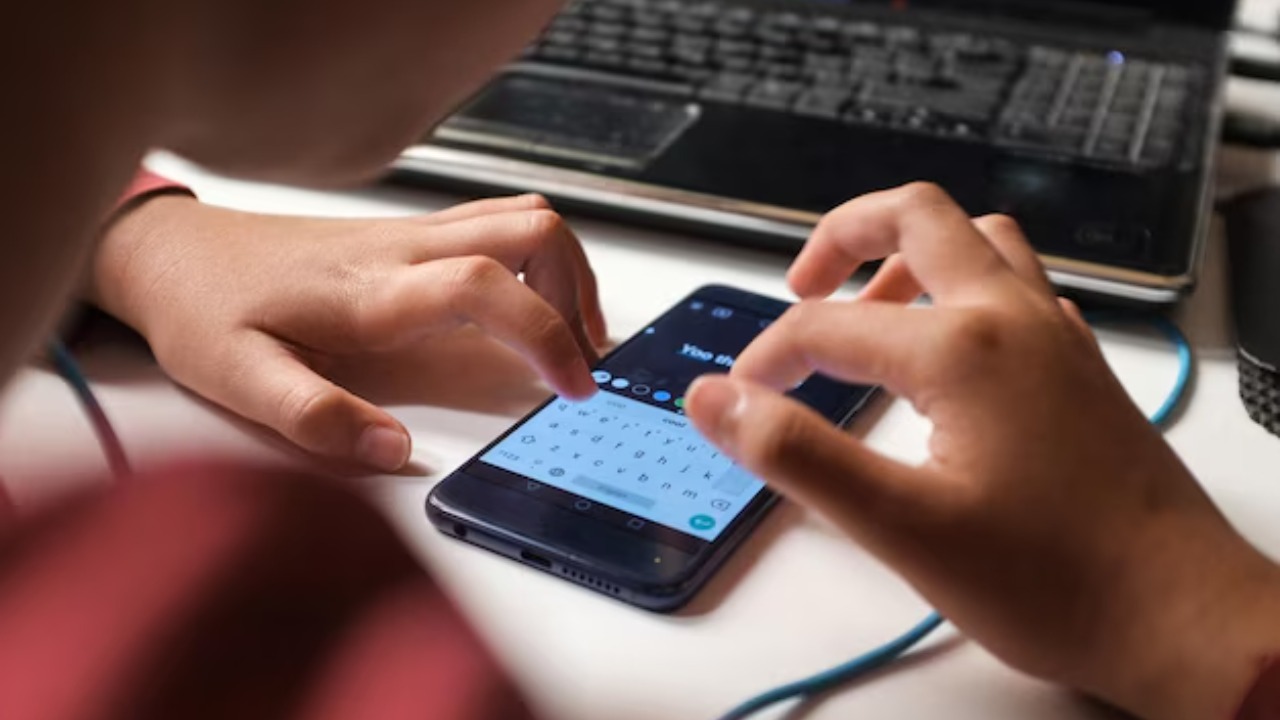
Keyboard apps can enhance typing experiences with features like predictive text and customization options, but they also pose privacy risks. Some keyboard apps monitor typing patterns and collect data that could include sensitive information. Users should ensure they download reputable apps with clear privacy policies to safeguard their personal data.